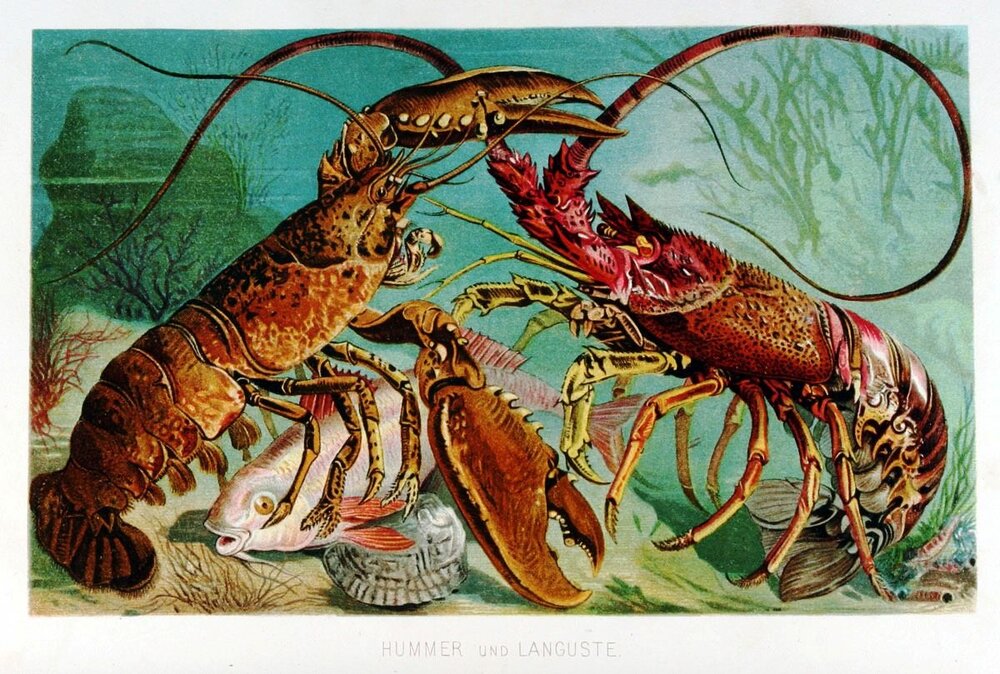Daring to be Dangerous with Intellectual Property
One of my favorite compliments was being told that I was dangerous. I could be wrong, but I don’t think it spoke to recklessness, ill will, or body odor. At any rate, I took it as an opinion on competence. I’m sure there are contrary opinions on this and I’m reasonably open-minded to them – they’re healthy for the ego and make great fuel. In the end, only close observation of performance over time will be a good enough measure. This brings me to Dr. Jordan Peterson’s lobsters.
As he explains, lobsters live in a competitive world of limited and defined territories. They negotiate dominance hierarchies with certain hard wiring and systems of complex behaviors. For example, the system of lobster dispute resolution can be organized into levels:
- Level 1 is posturing – one lobster decides the other is too big or skilled to tangle with, then withdraws;
- Level 2 introduces charges and feints, after which the most apprehensive lobster withdraws;
- Level 3 is physical combat with a goal of flipping your lobster opponent on its back—the flipped lobster is defeated and withdraws; and
- Level 4 is mortal combat—the lobster that’s most seriously maimed or killed loses.
Nature weighs in on defeat and victory, among other ways, at an individual, neurochemical level: winners get a serotonin boost, which typically leads to more winning; losers experience a serotonin decrease, which usually leads to decreased confidence, unwillingness to fight further, lobstery self-loathing and alcoholism, etc. Joking aside, apparently the brains of some lobsters basically dissolve in this state.
Human systems are comparable, at least in part, due to common brain pathways. It follows that the personal wellbeing—and that of societies and organizations—hinges on the individual collecting wins and overcoming defeats (if that’s not obvious enough). The mandate (whether as an individual or a business evaluating intellectual property tools like patents, trademarks, or copyrights) is to:
“[S]peak your mind. Put your desires forward, as if you had a right to them—at least the same right as others. Walk tall and gaze forthrightly ahead. Dare to be dangerous… Thus strengthened and emboldened, [we] may choose to embrace being, and work for its furtherance and improvement… Look for your inspiration to the victorious lobster, with its 350 million years of practical wisdom.”
-Jordan B. Peterson, 12 rules


